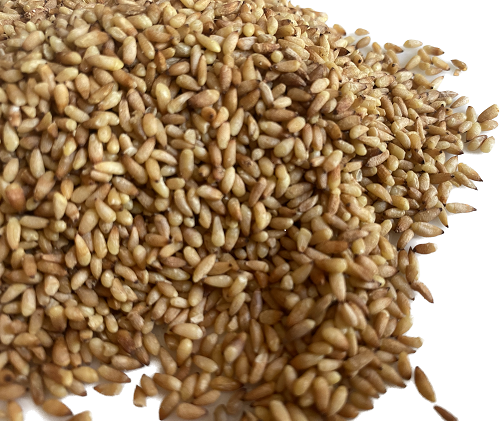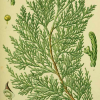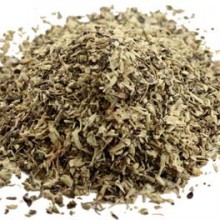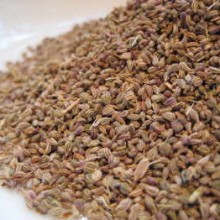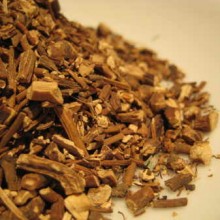Oriental Thuja Seed is from a tree in a genus of coniferous trees in the Cupressaceae (cypress family). It s also known as Oriental arborvitae,[Chinese arborvitae, biota or Oriental thuja.
It is somewhat distantly related to the genus Thuja. Differences include its distinct cones, wingless seeds, and its almost scentless foliage, however it is also closely related to Juniperius and has similar characteristic to Thuja occidentalis.
It is native to northwestern China, but it is a matter of debate as to whether to distinguish the areas where they are native safely from those where they have been introduced. It is distributed in Manchuria, The Russian Far East (Amur and Khabarovsk), and now it is naturalised in Korea, Japan, India, Florida and Iran as well. It is also cultivated in many parts of the world in parks, gardens and cemeteries
Thuja is an immunomodulator and is used effectively in the treatment of respiratory infections and bacterial infections
Traditional Uses of Thuja Seed in Chinese Medicine – Bai Zhi Ren:-
The Seeds are antibacterial, antipyretic, antitussive, astringent, diuretic, emmenagogue, emollient, expectorant, febrifuge, haemostatic, refrigerant and stomachic. Their use is said to improve the growth of hair. They are used internally in the treatment of coughs, haemorrhages, excessive menstruation, bronchitis, asthma, skin infections, mumps, bacterial dysentery, arthritic pain and premature baldness. The leaves are harvested for use as required and can be used fresh or dried. This remedy should not be prescribed to pregnant women. The seed is aperient, lenitive and sedative. It is used internally in the treatment of palpitations, insomnia, nervous disorders and constipation in the elderly. The root bark is used in the treatment of burns and scalds. The stems are used in the treatment of coughs, colds, dysentery, rheumatism and parasitic skin diseases.
Cautions with Oriental Thuja Seed – Bai Zhi Ren:-
Thuja leaves are an abortifacient and irritant for digestive, urinary and reproductive systems and can produce nervous afflictions and convulsions when taken in large doses since the component Thujone is present which is a potent neurotoxin. It should not be taken during pregnancy.

